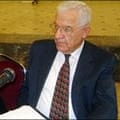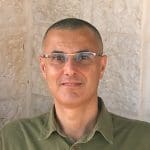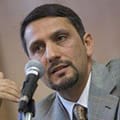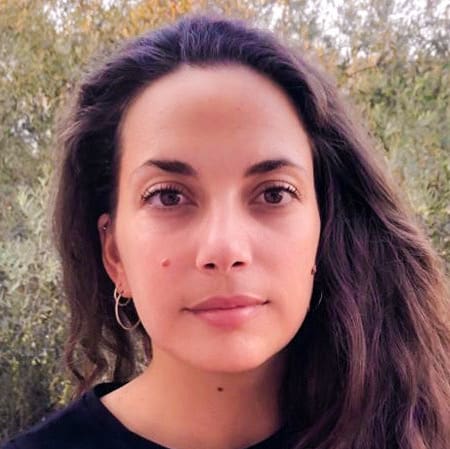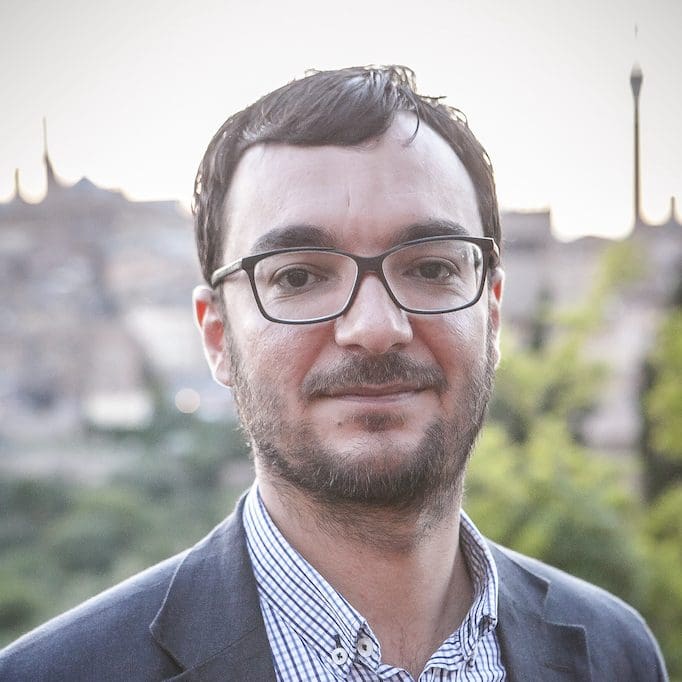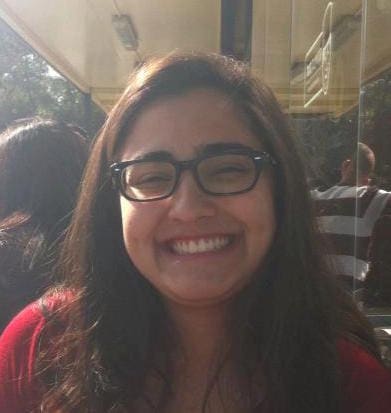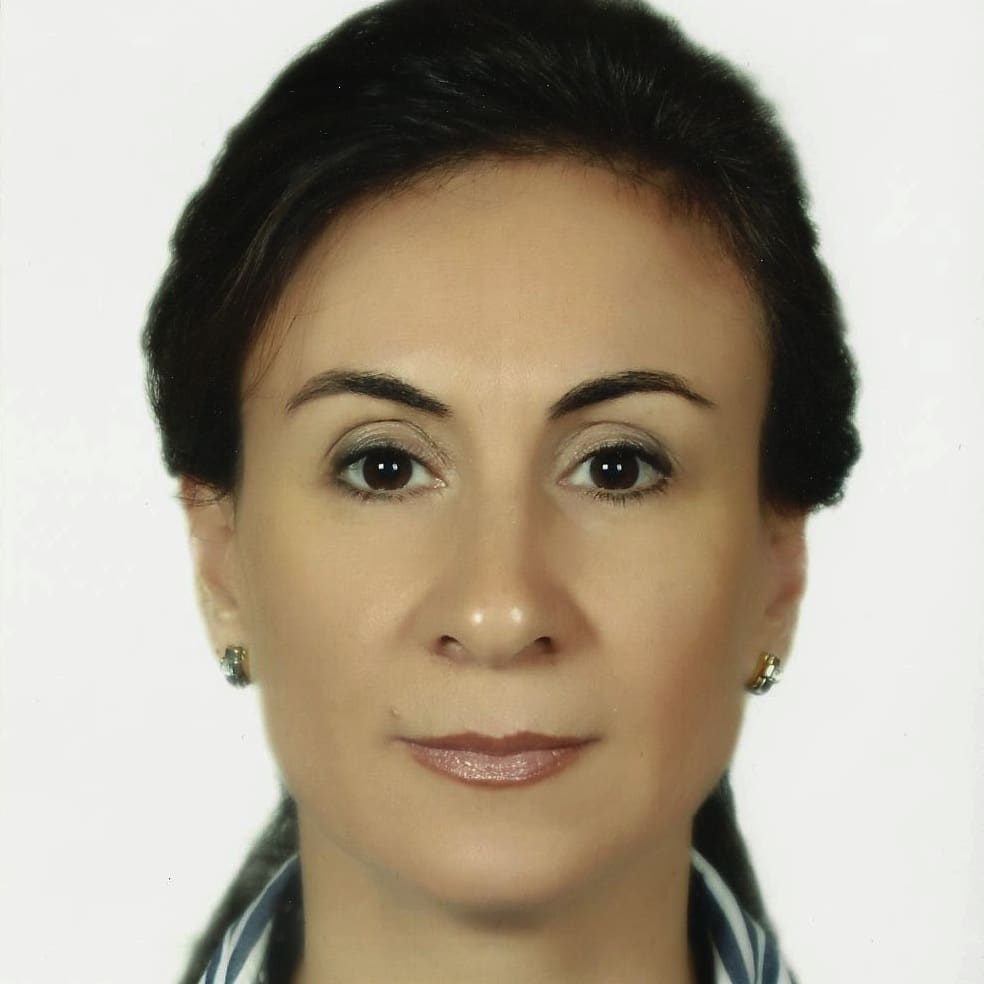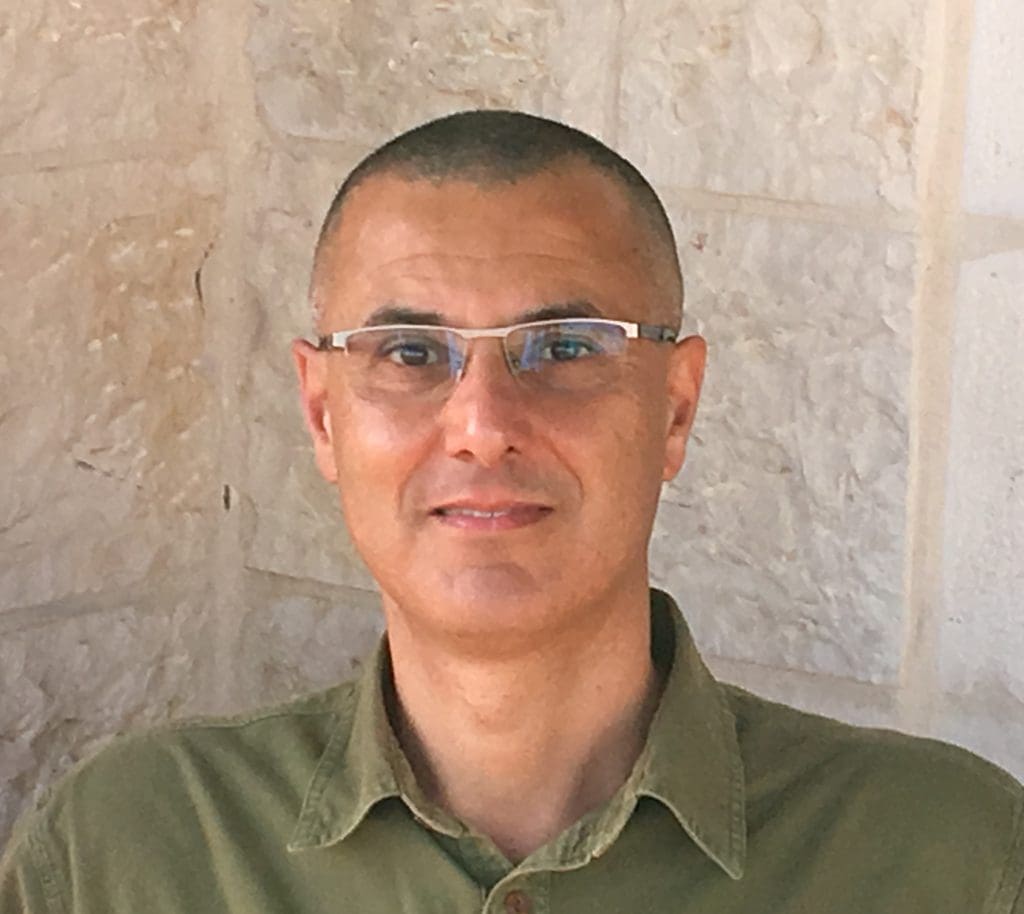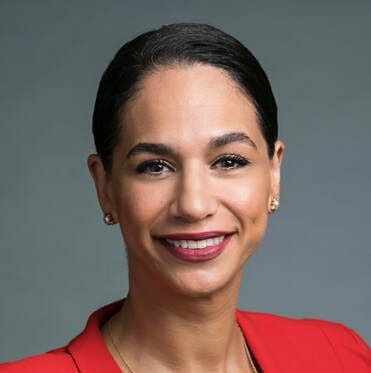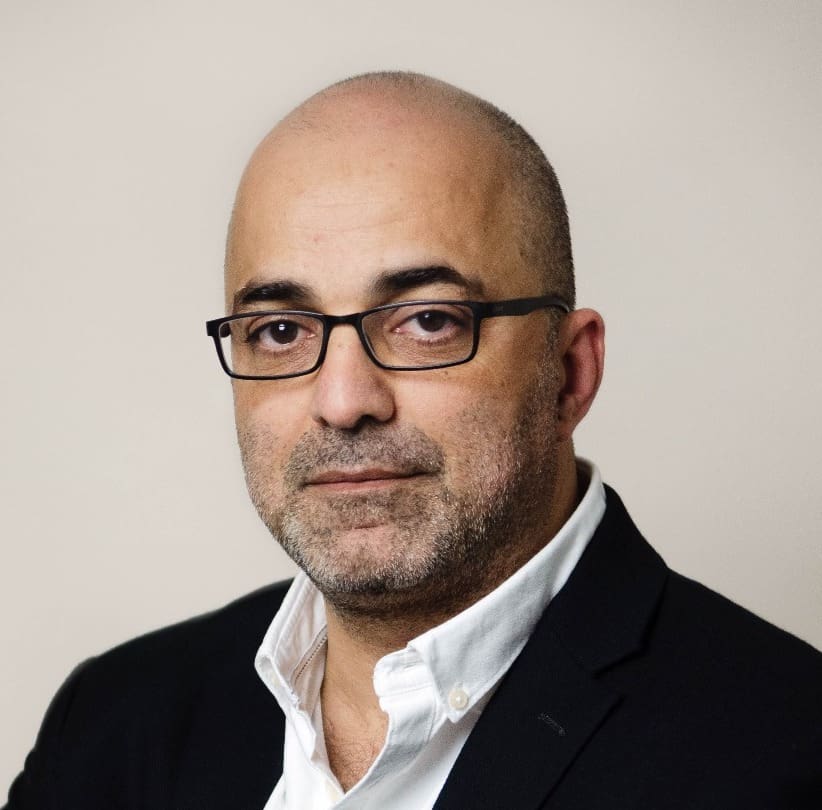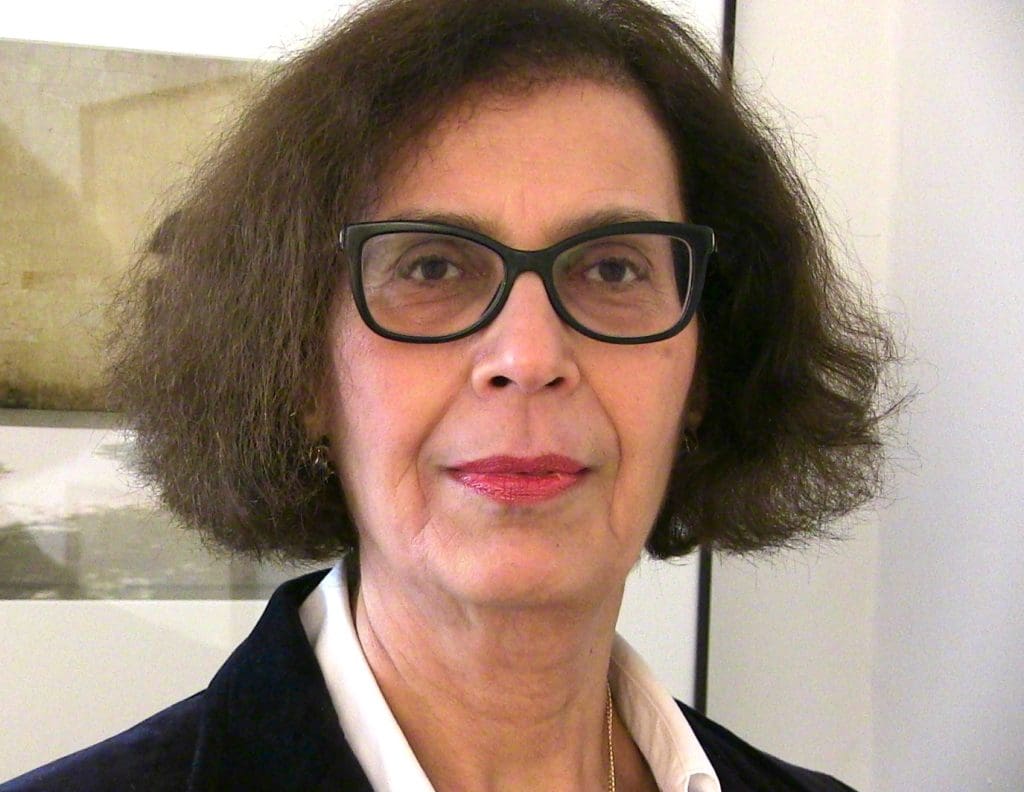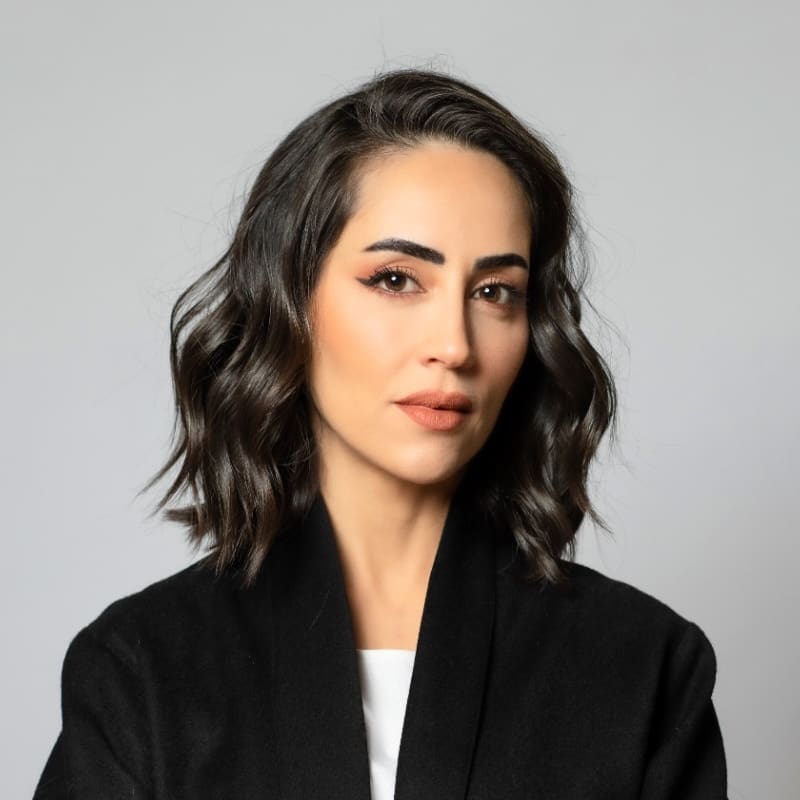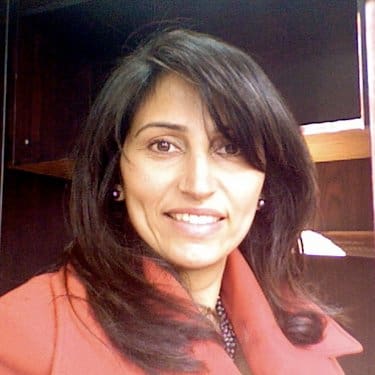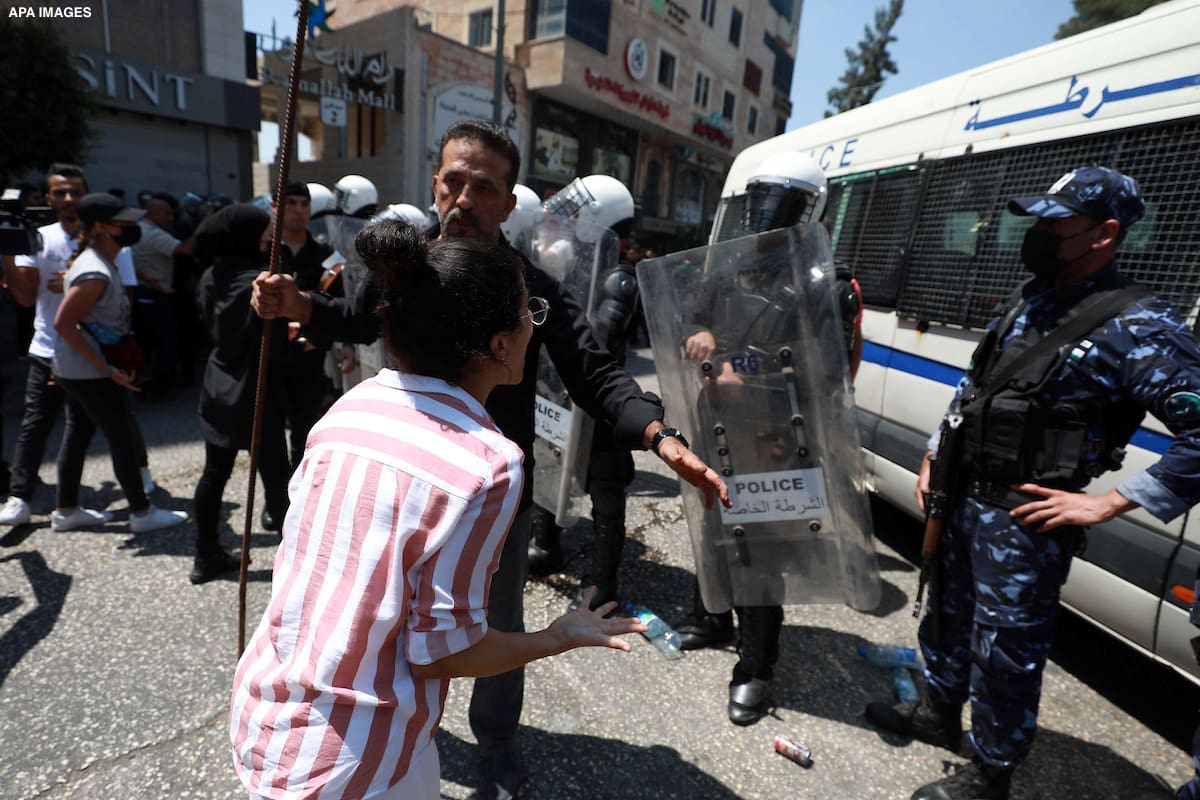
Punctuated by the outbreak of the Unity Intifada in May 2021, the trajectory of Palestinian resistance is experiencing a watershed phase marked by new actors and themes. With the effective neutralization of the Palestinian Liberation Organization (PLO) since the 1993 Oslo Accords, the deepening geopolitical fragmentation of Palestinians across colonized Palestine and the world, and the global shift to cyberspace, new opportunities — and threats — to Palestinian resistance have emerged.1
While Palestinians and their allies across the world resist the ongoing injustices committed by the Israeli regime, the Palestinian Authority (PA) has grown more authoritarian, corrupt, and hostile than ever before. Non-violent resistance in Palestine — led by a new generation of Palestinian youth — has been met by tremendous suppression by Israeli occupation and Palestinian security forces alike. Meanwhile, Israel continues to circumscribe anti-Zionist activism across the world.
In this selection of pieces, Al-Shabaka policy analysts outline the trajectory of contemporary Palestinian resistance with an eye to the emerging trends, actors, and tactics that will be crucial to harness in the years to come. In particular, they focus on the challenges that will be faced from various fronts, including efforts to censure the BDS movement and its supporters in the West, online censorship of grassroots actors by media corporations, and crackdowns by Israeli and Palestinian security forces on the ground.
Landscape of Contemporary Resistance
Debating Forms of Resistance
Sam Bahour, Rana Barakat, Mary Nazzal-Batayneh, Oroub el-Abed, Nadia Hijab, Victor Kashkoush, Anis Kassim, Osamah Khalil, Mouin Rabbani
This 2011 roundtable examines the effectiveness of different forms of resistance in achieving Palestinian self-determination. In a series of meetings, Al-Shabaka policy analysts discuss new forms of civil struggle, the role of boycotts, the use of legal strategies, the problems of armed resistance, the failure of negotiations as a strategy, and the implications of plans to declare a Palestinian state. Read more…
What’s Stopping the 3rd Intifada?
Jamil Hilal
In this 2014 commentary, Jamil Hilal argues that the outbreak of a third intifada is contingent on the interaction of the dehumanizing conditions of life under occupation, changes within Palestinian society in the West Bank and Gaza, and the Palestinian political movement more broadly. How are these factors observable in the escalation leading up to the events of May 2021? Read more…
US Palestine Solidarity: Reviving Original Patterns of Political Engagement
Loubna Qutami
Loubna Qutami’s 2018 policy brief reviews the evolution of the Palestine solidarity movement in the US, examining how the investments, interests, and strategies of Palestinians themselves are — or are not — being cultivated. Qutami assesses how the engagement of Palestinians in the US with other struggles can be more meaningfully and durably strengthened in pursuit of freedom, self-determination, and justice. Read more…
Back to the Future: The Great March of Return
Haidar Eid
Haidar Eid’s 2018 commentary examines how the Great March of Return undercut the dominance of Palestinian political leadership, especially after the PA sanctions on Gaza in 2017. Despite the austerity of life in an increasingly uninhabitable Gaza, a new grassroots movement emerged, defined by self-reliance, and inspired by the First Intifada and the struggle against apartheid in South Africa. Read more…
Defying Fragmentation & the Significance of Unity: A New Palestinian Uprising
Yara Hawari
In her commentary, Al-Shabaka’s senior analyst, Yara Hawari, contextualizes the 2021 Unity Intifada within the trajectory of Palestinian resistance, arguing that the uprising is an articulation of a shared Palestinian struggle that defies their forced fragmentation. She shows how Palestinians are increasingly employing creative forms of resistance, including the disruption of Israel’s economy and the engagement of international audiences through social media platforms. Read more…
Israeli Attacks on Anti-Zionist Activists
Palestinian Citizens in Israel: A Fast-Shrinking Civic Space
Nadim Nashif and Raya Naamneh
Israel portrays itself as a Jewish and democratic state, yet in practice it functions as a Jewish ethnocracy. As the Israeli state came under the complete control of the far-right wing, the last remaining civil freedoms for its Palestinian citizens have been even further curtailed. This 2016 commentary by Nadim Nashif and Raya Naamneh traces the wave of discriminatory legislation and the use of the emergency powers that have targeted established Palestinian NGOs and movements, limiting the ways Palestinians can legally resist apartheid. Read more…
BDS: Discussing Difficult Issues in a Fast-Growing Movement
Omar Barghouti and Nadia Hijab
In June 2016, Al-Shabaka co-founder, Nadia Hijab, sat with Omar Barghouti, founder of the BDS movement, to discuss the movement’s objectives and prospects within the landscape of Palestinian advocacy, and in the wake of Israel’s attacks on the movement and its activists. Barghouti emphasizes that BDS alone cannot deliver Palestinian rights; it must be tied to other strategies, including local popular resistance, and legal strategies to hold Israel and its leaders accountable for their crimes. Read more…
Digital Censorship in the Palestinian Context
Nadim Nashif and Marwa Fatafta
Al-Shabaka was joined in November 2019 by Nadim Nashif and Marwa Fatafta — authors of Surveillance of Palestinians & the Fight for Digital Rights — for a discussion about how the Israeli state uses social media to monitor individual Palestinians, to gather information on the Palestinian public, and to censor the publicization of Israeli human rights violations. Read more…
The EU’s Additional Condition on Aid to Palestine
Tariq Dana
In this 2020 commentary, Tariq Dana argues that the additional condition introduced to EU funding contracts — which stipulate that civil society organizations are not permitted to deal with “terrorist” individuals or groups — is the result of constant Israeli pressure on the EU to refrain from funding Palestinian organizations engaged in reporting on Israeli settler-colonial practices and human rights violations. Read more…
Israel’s Losing Battle: Palestine Advocacy in the University
Hatem Bazian
Hatem Bazian’s 2020 commentary historicizes the emergence of Palestinian advocacy on US college campuses from the broader Palestine solidarity movement, as well as the responses of Israel and its supporters to this shift. He argues that, despite attacks against Palestine advocacy groups, college campuses continue to provide an environment that fosters critical research and thinking on Palestine, which, in turn, furthers the struggle for Palestinian rights and self-determination. Read more…
Persecution & Suppression on the Ground
Threats to Human Rights Defenders: How Far Will Israel Go?
Noura Erakat, Ingrid Jaradat Gassner, Diana Buttu
In this 2016 roundtable, Noura Erakat provides an overview of the extrajudicial assassination of hundreds of Palestinians over the years, particularly in the West Bank, on account of a rise in armed Palestinian resistance. Diana Buttu gives further evidence of these increasingly frequent Israeli attacks, and Ingrid Jaradat describes specific attacks on BDS activists and human rights defenders, with the complicity of Western governments. Read more…
The Palestinian Authority Security Forces: Whose Security?
Alaa Tartir
Alaa Tartir discusses how the PA security establishment has failed to protect Palestinians from the main source of their insecurity: the Israeli military occupation. In this 2017 policy brief, Tartir argues that the PA has failed to empower Palestinians to resist the occupation. Instead, by characterizing it as “insurgency” or “instability,” the PA has contributed to criminalizing the Palestinian struggle for freedom, echoing the discourse of the so-called War on Terror. Read more…
The Systematic Torture of Palestinians in Israeli Detention
Yara Hawari
As Israeli judicial bodies authorize the Israeli Secret Service to use “exceptional methods” to extract information from Palestinians, Al-Shabaka’s senior analyst, Yara Hawari, traces the history of the use of torture in Israeli detention. In this 2019 policy brief, she demonstrates how the practice of torture, embedded in the Israeli prison system, is systematic and legitimized through Israeli law — despite the condemnation of international human rights organizations. Read more…
Collective Punishment: Israel’s Strategy to Subdue Palestinian Resistance
Issam Younis and Nada Awad
In this August 2020 policy lab, Al-Shabaka is joined by analysts Issam Younis and Nada Awad to discuss the toll of Israeli collective punishment tactics on Palestinian society. They examine how tactics such as house demolitions, the siege of Gaza, and the ransom of Palestinian bodies, are used to subjugate and suppress Palestinian resistance. They show how they fit into Israel’s broader apartheid regime. Read more…
Destroying Palestinian Jerusalem, One Institution at a Time
Yara Hawari
The Israeli state has been attacking Palestinian cultural presence in East Jerusalem since it occupied it in 1967, culminating in the sacking of three cultural institutions and the arrest of their directors in July 2020. Written in the wake of the event, this policy brief by Al-Shabaka’s senior analyst, Yara Hawari, situates these assaults on Jerusalem’s Palestinian institutions within the broader context of Israeli suppression of Palestinian civil society, and the project of erasing Palestinian cultural presence in the city. Read more…
- To read this piece in French, please click here. Al-Shabaka is grateful for the efforts by human rights advocates to translate its pieces, but is not responsible for any change in meaning.
Marwa is a Palestinian writer, researcher and policy analyst based in Berlin. She leads Access Now’s work on digital rights in the Middle East and North Africa region as the MENA Policy Manager. She is also an advisory board member of the Palestinian digital rights organization 7amleh. Previously, she worked as the MENA Regional Advisor for Transparency International Secretariat. Marwa was a Fulbright scholar to the US, and holds an MA in International Relations from Maxwell School of Citizenship and Public Affairs, Syracuse University. She holds a second MA in Development and Governance from University of Duisburg-Essen.
Yara Hawari is Al-Shabaka’s co-director. She previously served as the Palestine policy fellow and senior analyst. Yara completed her PhD in Middle East Politics at the University of Exeter, where she taught various undergraduate courses and continues to be an honorary research fellow. In addition to her academic work, which focused on indigenous studies and oral history, she is a frequent political commentator writing for various media outlets including The Guardian, Foreign Policy, and Al Jazeera English.
Victor Kashkoush (d. 2012) served on the first Board of Al-Shabaka, which he joined in 2010 soon after the organization was founded. He brought a wealth of institution-building skills and continued to provide advice and support even when his health was failing due to his long battle with cancer. Victor was director general of the Welfare Association from 1994 to 2000, when he opened his own consulting business, and served as a member of the Board of Trustees from 2005 until his death. He will be remembered for his unfailing commitment to justice, his sharp intelligence, and his generosity. His passing is a great loss to all those who loved him and to the Palestinian people.
Tariq Dana is Assistant Professor of Conflict and Humanitarian Studies at the Doha Institute for Graduate Studies, and an adjunct lecturer at Northwestern University in Qatar. He served as the director of the Center for Development Studies at Birzeit University and as a senior research fellow at the Ibrahim Abu-Lughod Institute of International Studies, the Graduate Institute of International and Development Studies in Geneva, and the School of Oriental and African Studies.
Sam Bahour resides in Al-Bireh/Ramallah, Palestine. He does business consulting as Applied Information Management (AIM), specializing in business development with a niche focus on the information technology sector and start-ups. Bahour was instrumental in the establishment of two publicly traded firms: the Palestine Telecommunications Company (PALTEL) and the Arab Palestinian Shopping Centers (APSC). He is Co-founder & Emeritus Member of Americans for a Vibrant Palestinian Economy (A4VPE). He currently is an independent Director at the Arab Islamic Bank PLC and a board member at Just Vision. He writes frequently on Palestinian affairs and has been widely published in leading outlets. He is co-editor of HOMELAND: Oral History of Palestine and Palestinians (Olive Branch Press, 1993), tweets at @SamBahour, and blogs at epalestine.ps.
Al-Shabaka Policy Member Raya Naamneh is a Palestinian student and activist from Arraba village in the Galilee. She is working on her B.A. in English Language and Literature at Haifa University and is deeply interested in colonial and post-colonial literature as well as intersectional politics as regards the experiences of women and the LGBTQ community around the world, with special focus on Palestinian society. She is an active member of al-Qaws for Sexual and Gender Diversity in Palestinian Society. She recently started working at Baladna – Association for Arab Youth in Haifa as a resources and project development coordinator.
Rana Barakat is an assistant professor of history and contemporary Arab studies at Birzeit University in Palestine. She received her Ph.D. from the University of Chicago writing about popular politics and resistance in early twentieth century Palestine. Her research interests include the social history of Jerusalem, colonialism, and revolutionary social movements.
Osamah Khalil is a co-founder of Al-Shabaka. He is an Associate Professor of History at Syracuse University’s Maxwell School of Citizenship and Public Affairs. Khalil is the author of America’s Dream Palace: Middle East Expertise and the Rise of the National Security State (Harvard University Press, 2016).
Oroub El-Abed is a postdoctoral research fellow with the Centre for British Research in the Levant (British Academy grant). She holds a PhD in Development Studies from the University of London, School of Oriental and African Studies, and has consulted and written in the area of political economy of development and forced migration, particularly Palestinian refugees in the Middle East. She is the author of Unprotected: Palestinians in Egypt since 1948 (Washington, DC, and Ottawa, CA:Institute for Palestine Studies and the International Development Research Centre, 2009).
Omar Barghouti is a Palestinian human rights defender and co-founder of the Palestinian-led Boycott, Divestment and Sanctions (BDS) movement for Palestinian rights. He is a co-recipient of the 2017 Gandhi Peace Award. He holds bachelor’s and master’s degrees in Electrical Engineering from Columbia University, NY, and is pursuing a PhD in Philosophy (ethics) at the University of Amsterdam. He is the author of, BDS: The Global Struggle for Palestinian Rights (Haymarket: 2011). His commentaries and views have appeared in many mainstream outlets including the New York Times, the Guardian, MSNBC, CNN, Le Monde, among others.
Noura Erakat is an assistant professor at George Mason University where she teaches in the legal studies, international studies, and human rights/social justice studies concentrations. An attorney and human rights advocate, she previously served as Legal Counsel for a Congressional Subcommittee in the House of Representatives and as an advisor on Middle East affairs for Congressman Dennis Kucinich. Noura comments regularly on US foreign policy and international law matters. She has appeared on Al Jazeera International, NBC’s “Politically Incorrect,” and Fox’s “The O’Reilly Factor.” Her writings have appeared in The Huffington Post, Berkeley Law School’s Journal for Middle East and Islamic Law, Counterpunch, Al-Majdal, and the Middle East Research and Information Project (MERIP).
Al-Shabaka Policy Member Nadim Nashif is the executive director and co-founder of 7amleh: The Arab Center for the Advancement of Social Media. Nadim is a committed Digital Rights Defender and long time community organizer, who has worked on youth and community development issues for over 20 years. Nadim founded and previously served as director of Baladna, The Association for Arab Youth. He founded and coordinated the youth wing of the Balad political party before becoming Director at the Committee for Educational Guidance for Arab students. He is also the co-founder of Wusol Digital Academy, a digital marketing educational center.
Al-Shabaka policy member Nada Awad holds a master’s degree in International Relations and International Security from Sciences Pro Paris. She works on human rights violations in the Arab region as the international advocacy officer at the Cairo Institute for Human Rights Studies (CIHRS). She was previously responsible for the Advocacy unit at Al-Quds University’s Community Action Center, where she focused on the issue of forcible transfer of Palestinians from Jerusalem. She also worked as an archival researcher at the Institute for Palestine Studies in Beirut.
Nadia Hijab is co-founder and honorary president of Al-Shabaka: The Palestinian Policy Network. She served as Board President from 2010-2021 and as Executive Director between 2011 and March 2018. A writer, public speaker and media commentator, Hijab’s first book, Womanpower: The Arab Debate on Women at Work was published by Cambridge University Press and she co-authored Citizens Apart: A Portrait of Palestinians in Israel (I. B. Tauris). She was Editor-in-Chief of the London-based Middle East Magazine before serving at the United Nations in New York. She is a co-founder and former co-chair of the US Campaign for Palestinian Rights and now serves on its advisory board. She continues to serve Al-Shabaka in an advisory capacity and support its mission.
Mouni Rabbani is an independent writer and analyst specializing in Palestinian affairs and the Arab-Israeli conflict. He is a senior fellow at the Institute for Palestine Studies and is a Contributing Editor to the Middle East Report. His articles have also appeared in The National and he has provided comments for The New York Times.
Mary Nazzal-Batayneh is a social entrepreneur and impact investor chosen as part of Forbes Most Powerful Women as well as Jordan’s Top Businesswoman by Jordan Business Magazine in 2019. She is the Founder of Landmark Hotel, Jordan’s only 5-star local hospitality business, and MVMNT, a wellness business. She has been recognized for incorporating sustainability, consciousness and purpose into all her endeavors and is a Young Global Leader (alumni) with the World Economic Forum (WEF). Mary is also a qualified barrister (England) and a longtime activist for Palestinian rights. She serves on the Board of the European Legal Support Center, the Royal Film Commission, the King Hussein Cancer/Foundation and is an Advisor to the Palestine Children’s Relief Fund.
Al-Shabaka Policy Member Loubna Qutami is a Presidents Postdoctoral Fellow at the University of California, Berkeley. She has a PhD from the Department of Ethnic Studies at the University of California, Riverside. Qutami is also the former Executive Director of the Arab Cultural and Community Center (ACCC) in San Francisco as well as a founder, member, and the former International General Coordinator for the Palestinian Youth Movement (PYM).
Jamil Hilal is an independent Palestinian sociologist and writer, and has published many books and numerous articles on Palestinian society, the Arab-Israeli Conflict, and Middle East issues. Hilal has held, and holds, associate senior research fellowship at a number of Palestinian research institutions. His recent publications include works on poverty, Palestinian political parties, and the political system after Oslo. He edited Where Now for Palestine: The Demise of the Two-State Solution (Z Books, 2007), and with Ilan Pappe edited Across the Wall (I.B. Tauris, 2010).
Issam Younis is a long-time human rights advocate. He is the Commissioner General of The Palestinian Independent Commission for Human Rights (ICHR). He is the president of the Arab Network of National Human Rights Institutions (ANNHRI). He is also a member of the Palestinian Higher Education Council.
Ingrid Jaradat Gassner (d. 2023) was a co-founder and former director of Badil Resource Center for Palestinian Residency and Refugee Rights (Badil). She worked extensively in the fields of international law and advocacy, including innovative research on Palestinian refugees, the right to return, Israeli colonialism and apartheid and related third-state responsibilities. She also coordinated research for a Palestinian civic initiative seeking to register exiled Palestinians as voters and campaign for direct PNC elections and carried out advocacy with the Civic Coalition for Palestinian Rights in Jerusalem.
Hatem Bazian is a senior lecturer in the Departments of Near Eastern and Ethnic Studies at the University of California, Berkeley. He has taught at Berkeley’s Boalt Hall School of Law and is also a visiting Professor in Religious Studies at Saint Mary’s College of California and adviser to Berkeley’s Religion, Politics and Globalization Center as well as Academic Affairs Chair at Zaytuna College of California. He also founded Berkeley’s Center for the Study and Documentation of Islamophobia, a research unit dedicated to the systematic study of Othering Islam and Muslims. He is also Chairman of the Board of American Muslims for Palestine.
Haidar Eid is Associate Professor of Postcolonial and Postmodern Literature at Gaza’s al-Aqsa University. He has written widely on the Arab-Israeli conflict, including articles published at Znet, Electronic Intifada, Palestine Chronicle, and Open Democracy. He has published papers on cultural Studies and literature in a number of journals, including Nebula, Journal of American Studies in Turkey, Cultural Logic, and the Journal of Comparative Literature. Haidar is the author of Worlding Postmodernism: Interpretive Possibilities of Critical Theory and Countering The Palestinian Nakba: One State For All.
Diana Buttu is a lawyer who previously served as a legal advisor to the Palestinian negotiating team and was part of the team that assisted in the successful litigation of the Wall before the International Court of Justice. She frequently comments on Palestine for international news media outlets such as CNN and BBC; is a political analyst for Al Jazeera International and is a regular contributor to The Middle East magazine. She maintains a law practice in Palestine, focusing on international human rights law.
Dr. Anis Kassim is an international lawyer based in Amman. He is the chief editor of the Palestine Yearbook of International Law. He helped make the Palestinian case before the International Court of Justice, resulting in its July 9, 2004 Advisory Opinion affirming the illegality of Israel’s separation wall and its associated regime.
Alaa Tartir is Al-Shabaka’s program and policy advisor. He is a senior researcher and director of the Middle East and North Africa Programme at Stockholm International Peace Research Institute, as well as a research associate and academic coordinator at the Geneva Graduate Institute, global fellow at the Peace Research Institute Oslo, and governing board member of the Arab Reform Initiative. Alaa holds a PhD from the London School of Economics and Political Science and is co-editor of Resisting Domination in Palestine: Mechanisms and Techniques of Control, Coloniality and Settler Colonialism (2023), Political Economy of Palestine: Critical, Interdisciplinary, and Decolonial Perspectives (2021) and Palestine and Rule of Power: Local Dissent vs. International Governance (2019). He can be followed on Twitter (@alaatartir), and his publications can be accessed at www.alaatartir.com.















